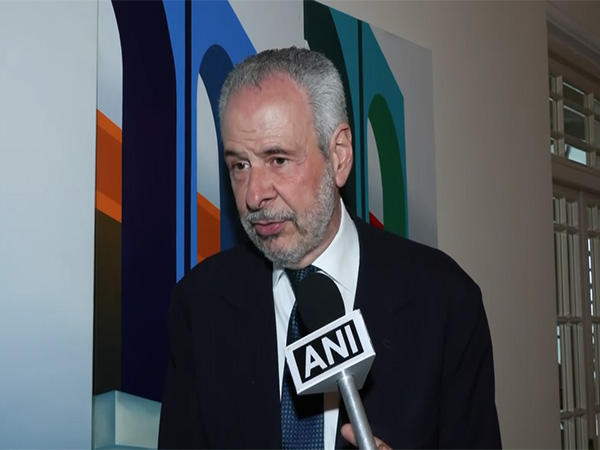Brazil and India hold a shared responsibility in tackling global challenges like climate change, according to Kenneth Felix Haczynski Da Nobrega, Brazil’s Ambassador to India. Speaking on Monday, Da Nobrega emphasized that both nations have the potential to offer meaningful solutions to the global climate crisis.
“Brazil and India have a lot to offer the world in terms of solutions and paths to solve the climate crisis. We’re really counting on Indian support to ensure that we have a very successful COP30,” he said, referring to the upcoming UN Climate Change Conference to be hosted in Belem, Brazil, from November 10 to 21, 2025.
Addressing questions on U.S. tariffs and shifting global dynamics, the Brazilian envoy acknowledged India’s evolving role. “India is trying to see what opportunities are arising within this new geopolitical context. We are exploring ways to collaborate on various initiatives. We are focused on developing our people. Climate change is a phenomenon that will persist for years to come, so we are also focusing on the longer term,” he said.
On the transition of the G20 presidency from India to Brazil, Da Nobrega called the process smooth and collaborative. “There has been a very constructive transition from your presidency to ours. We hope to replicate the success story of two brotherly countries working together to lead important multilateral and plurilateral forums,” he added.
The focus on multilateralism was echoed by Andre Aranha Correa Do Lago, President of COP30, who stressed its significance for countries like India and Brazil. Speaking to ANI, Lago said, “Multilateralism is extremely important for developing countries. We must ensure COP30 restores trust in multilateral cooperation. Unilateral measures cannot address the scale of the climate crisis—we need collective, global solutions.”
Lago also pointed to the growing influence of nations like India and Brazil on the global stage. “The world needs to start viewing itself from the perspectives of countries like India and Brazil. Our recent leadership in the G20 is a reflection of this shift. And it would be excellent if India could host COP33 in the future,” he said.
Highlighting the similarities between the two nations, Lago noted that while Brazil and India have different circumstances, they share aligned climate goals. “Brazil has a vast territory and a smaller population than India, but we have many areas of collaboration, such as biofuels. Both countries are major sugar producers and are technologically advanced in converting it to biofuels,” he said.
He also praised India’s leadership in solar energy and underlined Brazil’s progress in the sector. “India has taken a clear lead in solar, and Brazil is following closely—we now generate nearly 15% of our electricity from solar. We’re also working together on other renewable technologies. This is a positive agenda—one that requires proactive steps rather than waiting for climate consequences to force action,” he said.
Addressing the role of the United States in global climate efforts, Lago acknowledged the challenges posed by limited federal participation but highlighted sub-national efforts. “It’s more difficult when the U.S. government shows reluctance, but we must remember that the U.S. is more than just its federal leadership. Many governors, representing over 60% of U.S. GDP, remain committed to the Paris Accord,” he said.
“That’s why Brazil and India firmly believe in multilateralism,” Lago added. “While we would prefer to see stronger engagement from the U.S. government, we will continue to collaborate with American businesses, states, and other stakeholders who are committed to the climate agenda.”















